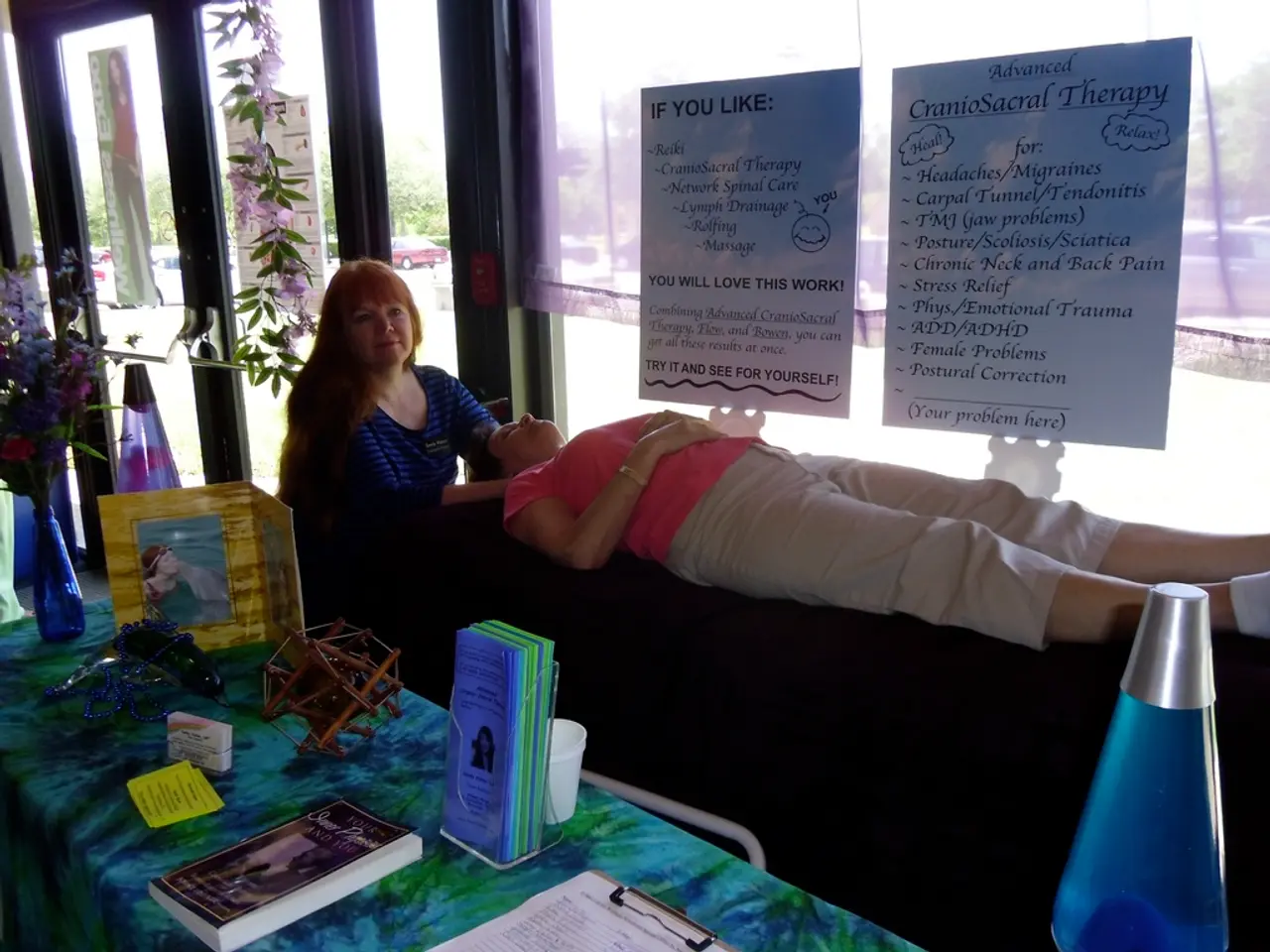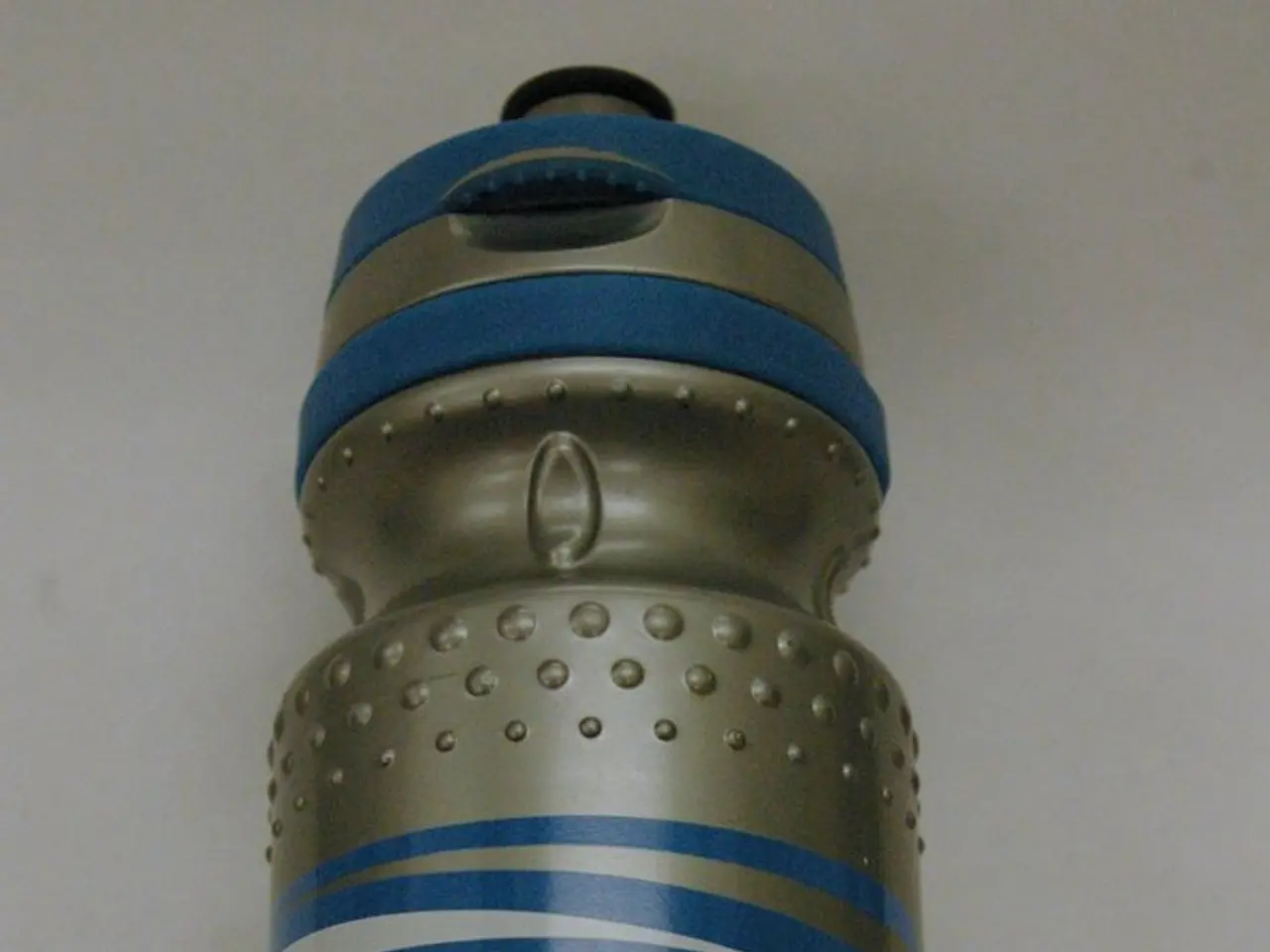Professional Development and the Dunning-Kruger Effect - When Skill Levels May Not Shine Brightly
In the realm of professional work, it's essential to be aware of the mental traps that can distort judgment and decision-making. Two such phenomena are Deformation Professionnelle and the Dunning-Kruger Effect, both related to expertise and self-perception.
Deformation Professionnelle refers to a narrow professional focus, where individuals become so engrossed in their discipline that they develop a fixed mindset. This fixation leads to a resistance to change, as professionals cling to their initial ideas and assumptions due to their professional background.
On the other hand, the Dunning-Kruger Effect describes a cognitive bias where individuals with limited knowledge or competence overestimate their abilities and underestimate the complexity of a subject. These individuals may believe they are experts when, in reality, they have significant gaps in their understanding.
Together, these biases can cause professionals to make mistakes such as assuming users or clients think like experts, overusing familiar solutions, and resisting necessary changes or diverse feedback. For instance, designers may default to standardized elements like the hamburger menu without validating if it fits the user's needs, revealing fixation and expert bias.
To avoid these pitfalls, intentional actions are required:
- Encourage diverse viewpoints and feedback to challenge fixed assumptions.
- Allocate time for reflection to question initial ideas rather than clinging to them.
- Maintain humility about one’s expertise and actively seek out user or client perspectives.
- Test assumptions rigorously rather than relying on familiar patterns or personal experience alone.
By following these steps, professionals can break out of cognitive biases and fixation, leading to better innovation and empathy in their work.
It's also crucial to examine problems with fresh eyes to avoid falling into the trap of Deformation Professionelle. Recognizing that being an expert does not mean being an expert at everything, and understanding that others may not always share the same expertise, can help identify overestimation of one’s abilities.
The Dunning-Kruger Effect can also manifest when experts underestimate the difficulty of tasks for others due to their own expertise. Fairness should be considered when evaluating the performance of others, taking into account their level of expertise and the need for development.
In conclusion, understanding Deformation Professionnelle and the Dunning-Kruger Effect is crucial for professionals to maintain objectivity and avoid biased decision-making. By being aware of these cognitive biases and taking intentional steps to combat them, professionals can foster creativity, empathy, and innovation in their work.
[1] For a more in-depth look at these concepts, consider reading "We Are All Confident Idiots" or "Here's Why Stupid People Don't Realize They're Stupid," which offer unique perspectives on these phenomena.
- In the field of UI design, acknowledging and challenging fixed assumptions through diverse viewpoints and feedback, taking a reflective approach, and testing assumptions rigorously can prevent the design from reinforcing the Deformation Professionnelle or the Dunning-Kruger Effect, leading to a user experience that better resonates with health-and-wellness and mental-health users.
- User experience researchers in the health-and-wellness sector should be mindful of their own expertise and consider the varying degrees of expertise among users, as the Dunning-Kruger Effect could cause them to underestimate users' difficulties with tasks related to mental-health management, potentially causing design issues that could compromise the user's well-being.




